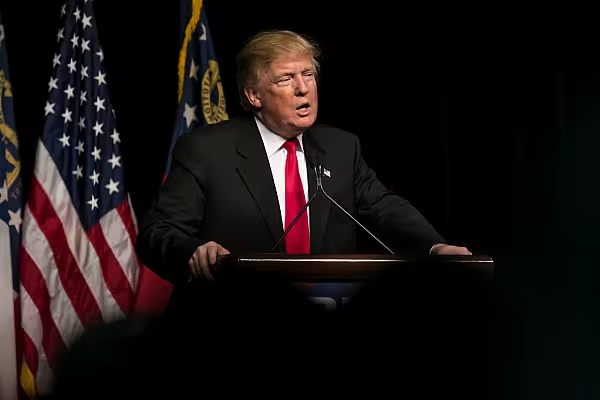Having previously indicated his opposition to free-trade agreements such as NAFTA, as well as suggestions that he will adopt more of an isolationist policy than his predecessors, the election of Donald Trump to the US Presidency raises a number of questions prevalent to the global food and beverage supply chain.
At the Wabel Grocery Summit, taking place in Paris, Nick Peksa, opportunities director at supply chain insight firm Mintec Ltd, told delegates that while trade growth is likely to decline in the US market, the incoming President “is going to have a sensible team behind him that will stabilise his ideas” when it comes to free trade, lessening the potential impact on global markets.
In addition, a Trump presidency means that the “the dollar should weaken over time”, creating more of a balance in currency exchange rates. Inflation is also likely to increase, as growth potential falls.
In the US, the National Retail Federation said in a statement that retailers ‘are ready to work with the new President’, on what it hopes will be a ‘pro-growth, pro-jobs agenda’.
"As President Trump begins staffing his administration, we are hopeful that pragmatism will prevail over ideology so that all branches of government can work together for the benefit of retailers, their associates, the consumers they serve and the communities where they live and work,” commented National Retail Federation President and CEO Matthew Shay.
“If this election taught us anything, it is the importance of focusing on policies and programs that not only benefit today's economy, but the economy of the future and our next generation of workers.”
In an editorial, Forbes magazine commented that increased inflation in a Trump Presidency is likely to increase labour costs and the level of imports, which is likely to have a negative effect for consumers.
‘The election will have an inflationary effect because labor costs will increase and over time, so will imported products,’ it said. ‘That means operating retail stores will become more expensive and consumer products, particularly those imported, will be under pressure to increase prices when there is more pressure for tariffs on imports and less labor to load, move and sell consumer products.’
© 2016 European Supermarket Magazine – your source for the latest retail news. Article by Stephen Wynne-Jones. To subscribe to ESM: The European Supermarket Magazine, click here.














